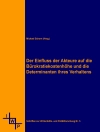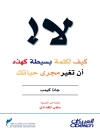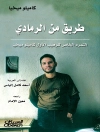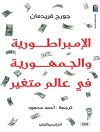The international intervention after the 2011 Libyan uprising against Muammar Gaddafi was initially considered a remarkable success: the UN Security Council’s first application of the ‘responsibility to protect’ doctrine; an impending civilian massacre prevented; and an opportunity for democratic forces to lead Libya out of a forty-year dictatorship. But such optimism was soon dashed.
Successive governments failed to establish authority over the ever-proliferating armed groups; divisions among regions and cities, Islamists and others, split the country into rival administrations and exploded into civil war; external intervention escalated. Ian Martin gives his first-hand view of the questions raised by the international engagement. Was it a justified response to the threat against civilians? What brought about the Security Council resolutions, including authorising military action? How did NATO act upon that authorisation? What role did Special Forces operations play in the rebels’ victory? Was a peaceful political settlement ever possible? What post-conflict planning was undertaken, and should or could there have been a major peacekeeping or stabilisation mission during the transition? Was the first election held too soon?
As Western interventions are reassessed and Libya continues to struggle for stability, this is a unique account of a critical period, by a senior international official who was close to the events.
Tentang Penulis
Ian Martin has led UN human rights and peace operations in countries including Rwanda, Timor-Leste, Nepal and Libya. A former Amnesty International secretary-general, in 2011–12 he was Secretary-General Ban Ki-moon’s post-conflict planning adviser, then UN support mission head, for Libya. His publications on UN intervention include Self-Determination in East Timor.












